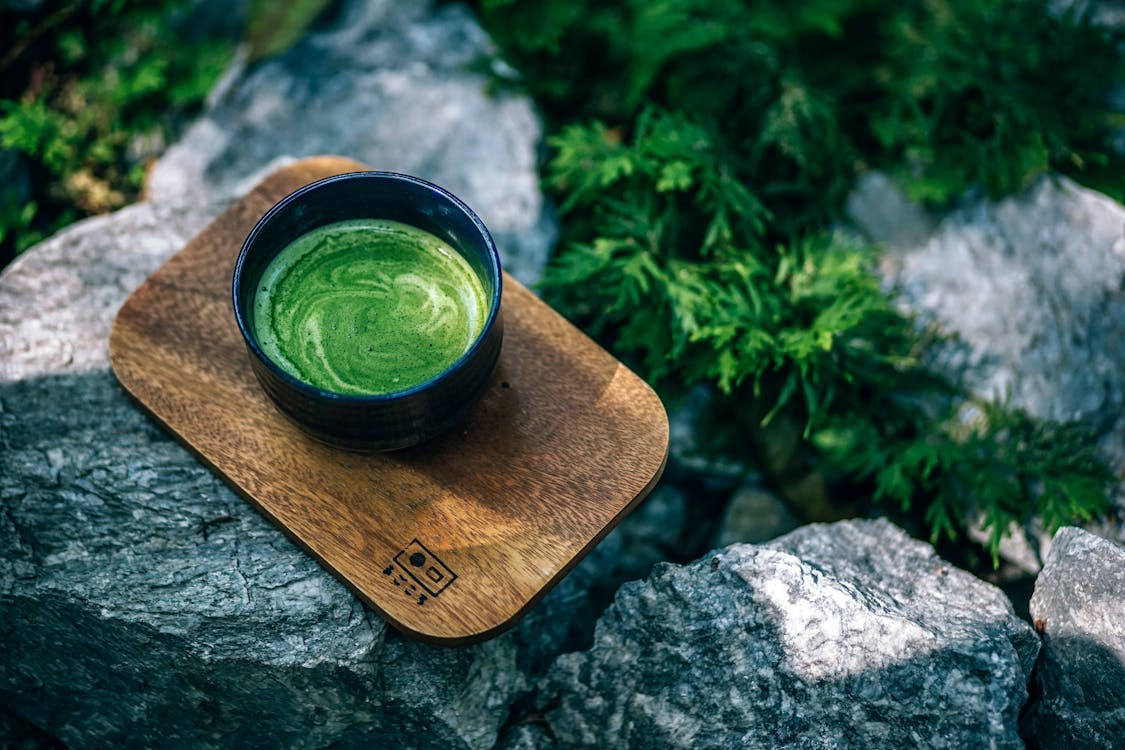When it comes to choosing milk at the supermarket, many people pause at the dairy aisle: Skim milk or full cream milk? Skim milk is often marketed as the “lighter” option, while full cream milk is viewed as more natural and satisfying. But the real question many wonder is: Does skim milk still provide high protein and calcium, or is it nutritionally inferior to full cream milk?
Protein Content: Surprisingly Similar
One of the biggest misconceptions is that skim milk has less protein than full cream milk. In reality, both contain nearly the same amount of protein per glass.
A 250ml cup of full cream milk has about 8.0 grams of protein.
A 250ml cup of skim milk has about 8.5 grams of protein.
Why the slight difference? When the fat is removed from milk, the proportion of protein and carbohydrate becomes more concentrated per serving. So, skim milk can sometimes have a slightly higher protein content than full cream milk.
This makes skim milk just as valuable for muscle repair, growth, and satiety as full cream milk.
Calcium Content: Equally High
Calcium is one of the main reasons people drink milk, and skim milk certainly does not fall short. In fact, skim milk provides the same, if not slightly more, calcium than full cream milk.
A 250ml cup of full cream milk contains about 280mg of calcium.
A 250ml cup of skim milk contains about 300mg of calcium.
Again, because the fat portion of milk contains no calcium, once the fat is removed, the calcium concentration per serving can be a bit higher in skim milk.
So if your goal is strong bones and teeth, skim milk is definitely not inferior.
Where the Difference Lies: Fat and Calories
The biggest difference between the two lies in fat content and calorie density.
Full cream milk has about 8 grams of fat per cup, including saturated fat, which adds to the creamy taste and makes it more filling.
Skim milk has almost no fat (0.1–0.3g per cup), making it significantly lower in calories.
For example:
One glass of full cream milk = ~150 calories.
One glass of skim milk = ~90 calories.
If you are watching your weight or trying to reduce saturated fat intake, skim milk is the lighter choice. But if you’re looking for creaminess, fullness, or higher calorie intake (for kids, athletes, or people with higher energy needs), full cream milk may be more suitable.
Is Skim Milk Inferior?
Nutritionally, skim milk is not inferior to full cream milk. Both provide excellent amounts of protein and calcium, which are the two key nutrients people look for in milk.
The main difference lies in taste, texture, and fat content:
Skim milk = lighter, fewer calories, but just as nutrient-dense.
Full cream milk = creamier, more satisfying, with higher fat and calorie content.
Ultimately, the choice depends on your lifestyle and health goals:
If you want to cut calories and reduce saturated fat, go for skim milk.
If you prefer a richer taste, need extra calories, or are feeding growing children, full cream milk may be the better option.
Bottom line: Skim milk still has high protein and calcium, just like full cream milk. The difference is mainly in the fat and calories—not in the nutritional quality.











